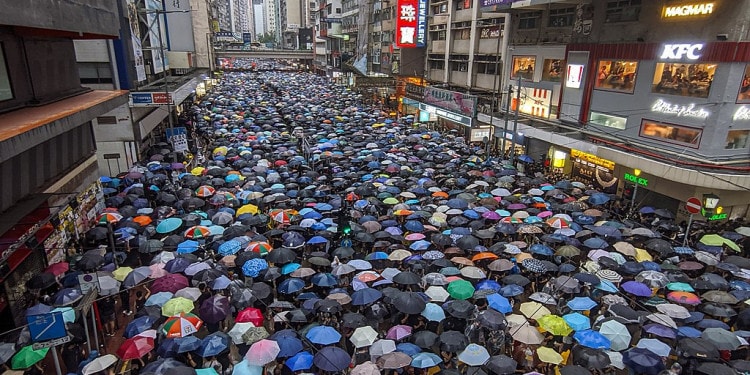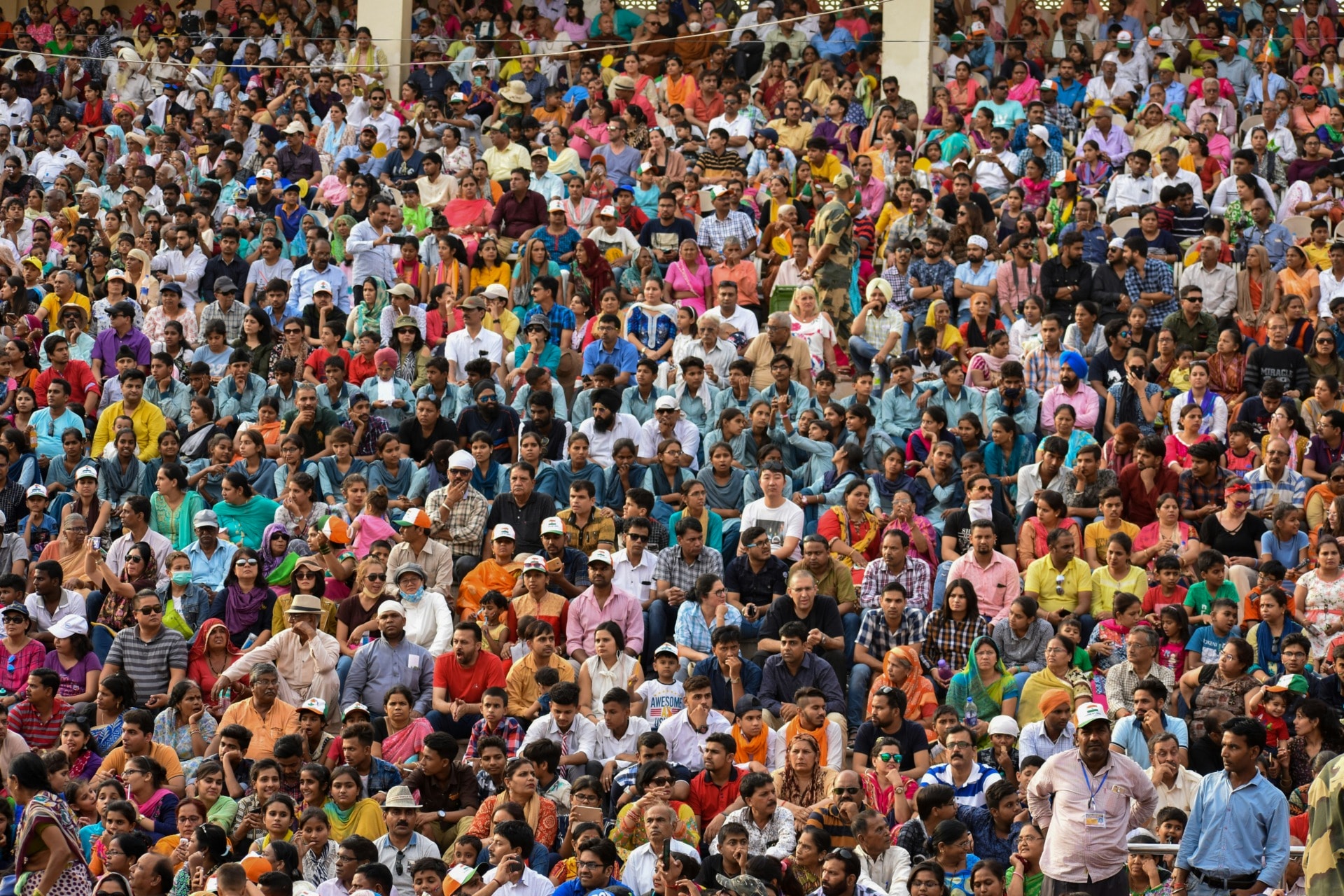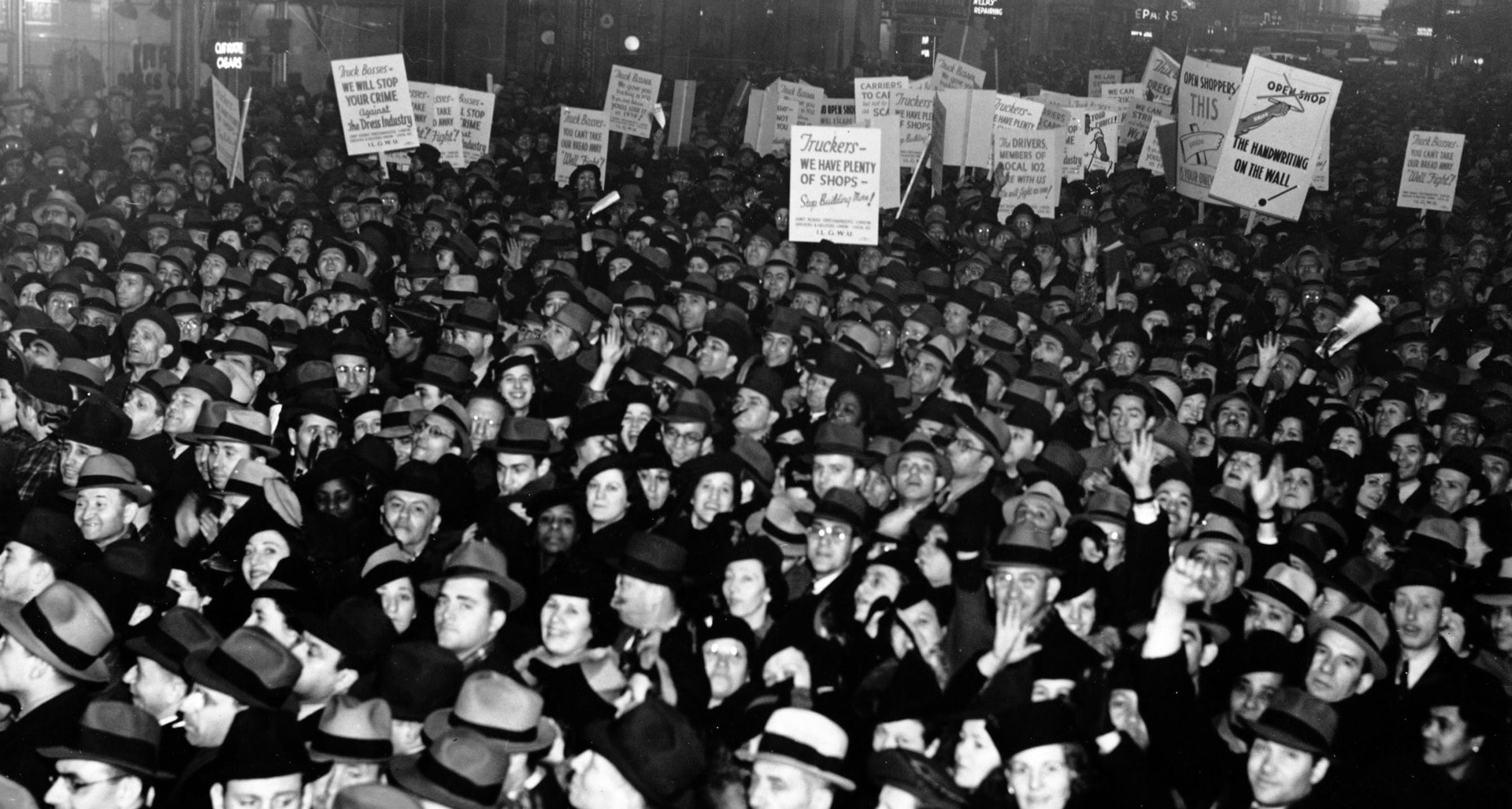Amidst the unrest in Hong Kong, female domestic workers from Southeast Asia are forced to navigate a city disrupted by protests while also maintaining a low profile. Foreign domestic workers’ home governments have urged them to avoid association with the pro-democracy movement, warning them that there is very little legal protection available if they are injured or detained.
Over 300,000 foreign domestic workers live in Hong Kong, with the vast majority from either the Philippines or Indonesia. One in three households with children employs a domestic helper who cooks, cleans, and provides childcare. Southeast Asian women carry out the reproductive labor required to keep Hong Kong’s households running smoothly, allowing Hong Kong’s female population to participate fully in the workforce and promote an appearance of gender equality.
This same structure persists all over the world: Southeast Asian domestic workers live in Saudi Arabia, Singapore, Canada, Spain, Italy, and countless other countries, buffering the transition of women into the workforce and leaving their own children at home.

Yet Southeast Asian domestic workers have no route to citizenship in Hong Kong. Their situation is extremely precarious: they are underpaid, overworked, and have very little legal protection. Their wages are the lowest of any others in Hong Kong: on average, they make 4,630 Hong Kong dollars (USD$590) per month, compared to the Hong Kong average of 17,500 Hong Kong dollars (USD$2,231) per month.
Despite their low income, however, they add USD$12.6 billion to Hong Kong’s economy every year. Usually women, they are dependent on a system that is often abusive — domestic workers are required to live at home with the families they serve, and as such are vulnerable to their bosses’ tempers and iniquities.
Related Articles: Everything Western Media Isn’t Telling You About Hong Kong | If We Burn, You Burn With Us: Hong Kong Protests Escalate
During the protests, the domestic workers’ lives are even more subject to arbitrary change than usual. Domestic helpers usually get only one day off per week, and often their ability to take advantage of their free time is greatly hindered by the protests, which take place mostly on weekends. Workers have been fired for arriving late to work after days off due to the protests. Expatriate and mainland Chinese employers who decamped from Hong Kong for calmer places often simply abandon their domestic helpers, or terminate them without warning.

Due to language barriers, many domestic helpers are unable to precisely follow the events occurring in the city, leaving them unsure of their futures and anxious about the stability of their employment. Understanding current events in Hong Kong gets even more difficult for domestic helpers when one considers the amount of false information that dominates Facebook, which is where most foreign domestic helpers get their news.
The Philippines Department of Foreign Affairs felt the need to assure Filipinos that, “contrary to some false reports circulating in social media…Filipinos in Hong Kong remain safe and are largely unaffected by the ongoing protests in the area.”
All told, the pro-democracy movement in Hong Kong is a bid for freedom for many, but remains more complicated for the transnational domestic labor force that operates beneath the surface of the city.















